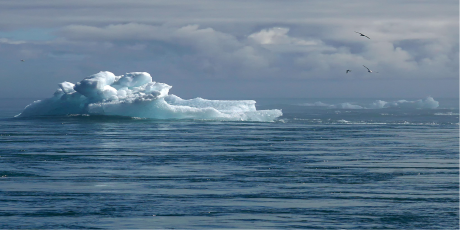Rethinking Climate Action as an Investment, not a Sacrifice 21 Nov 2023

If you've been taught that climate action is a sacrifice, new research from Dr Kian Mintz-Woo (ERI, School of Philosophy, IIASA) and Dr Daniel Steele (University of British Columbia) challenges this perspective. The traditional "sacrifice frame" assumes climate action is a burdensome cost, making it challenging to motivate people. Instead, the research suggests viewing climate action as an investment with economic benefits.
Three common frames are discussed:
- Wealthy Countries vs. Poorer Ones: This frame suggests that wealthy countries, seemingly insulated from climate change, should make sacrifices to protect more vulnerable nations. However, recent climate events worldwide show no one is immune.
- Time Lag in Climate Change Impact: Some argue that emissions cuts won't make a difference in our lifetime, passing the benefits to the future. Yet, research indicates immediate benefits, such as improved air quality, and estimates show a quick payback time for transitioning to renewables.
- Tragedy of the Commons: This perspective sees climate action as a net cost for each country, leading to reluctance and "free-riding." However, a shift to renewable energy is an investment with substantial economic savings.
The research proposes a new frame: a "tipping game." This model suggests that early contributions to climate action, like adopting solar power, can lead to a tipping point where further contributors enjoy net savings. The falling costs of renewables exemplify this, creating a momentum that surpasses traditional fossil fuels.
"We should reject the frame that climate action is costly and accept the frame that action now facilitates action later" – Dr Kian Mintz-Woo
While acknowledging real challenges like wealth disparities, inertia in the climate system, and collective action issues, the research asserts that climate action is not a sacrifice. Instead, transitioning to renewable energy presents economic savings and health improvements today. Tipping games, applicable to various aspects of climate change, offer hope and a model for collective solutions without relying on self-sacrifice.
As we approach COP28, the research encourages a shift in understanding climate action, seeing risks and opportunities in every action taken, potentially tipping humanity away from danger.
Read the full piece in The Conversation here and read the research articles on which the piece is based Collapse, social tipping dynamics, and framing climate change and What do climate change winners owe, and to whom?